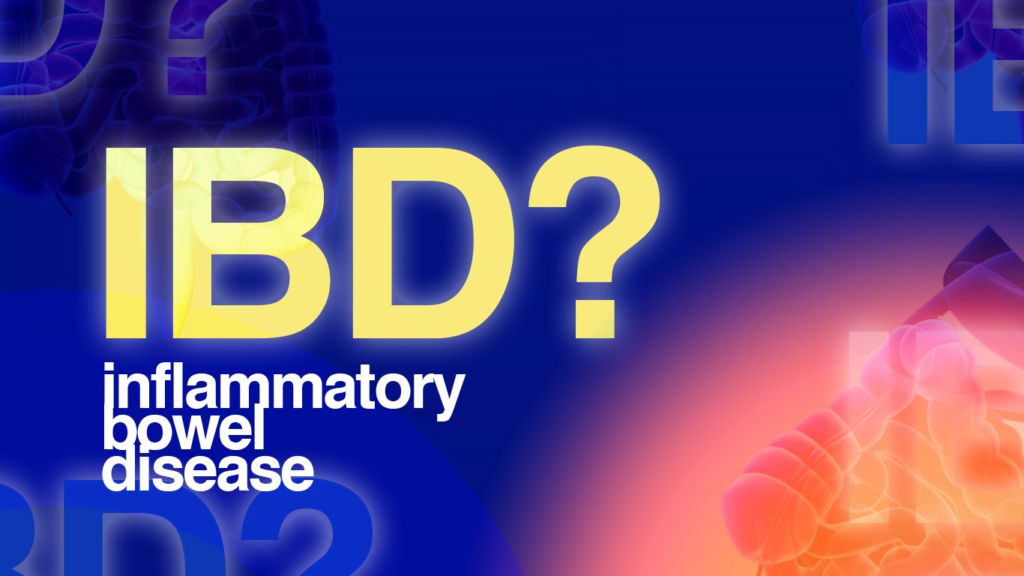Inflammatory Bowel Disease (IBD) is a term used to denote two conditions namely Crohn’s Disease and ulcerative colitis. IBD is a result of a problematic immune system wherein the body attacks its own cells in the gastrointestinal tract. IBD should not be confused with irritable bowel syndrome (IBS) since IBS does not deteriorate or inflame the intestines.
The condition portrays itself with rectal bleeding, bloody stools, diarrhea, weight loss, and fatigue. IBD is usually diagnosed through endoscopic procedures.
Current treatment for IBD include medications like aminosalicylates, corticosteroids, biologics or immunomodulators. These medications are used to treat the inflammation caused by IBD which alleviate symptoms of the condition.
If left untreated, complications for both Crohn’s disease and ulcerative colitis may arise. These may include, and are not limited to, fistulas and stricture formation, bowel perforation, malabsorption, and toxic megacolon.
Currently in the United States, 70,000 new cases of IBD are diagnosed per year and 1 in 4 people who have IBD have a family history of the disease. Currently there is no cure for IBD.
Om Research is currently enrolling for IBD studies. If you’re interested in learning more about the study please fill out the form below or read about the study on our Studies page.
https://www.cdc.gov/ibd/what-is-IBD.htm https://my.clevelandclinic.org/health/diseases/15587-inflammatory-bowel-disease-overview 1. The Facts About Inflammatory Bowel Diseases. New York, NY: Crohn’s and Colitis Foundation of America; 2014. http://www.crohnscolitisfoundation.org/assets/pdfs/updatedibdfactbook.pdf pdf icon[PDF-2.32MB]external icon.



